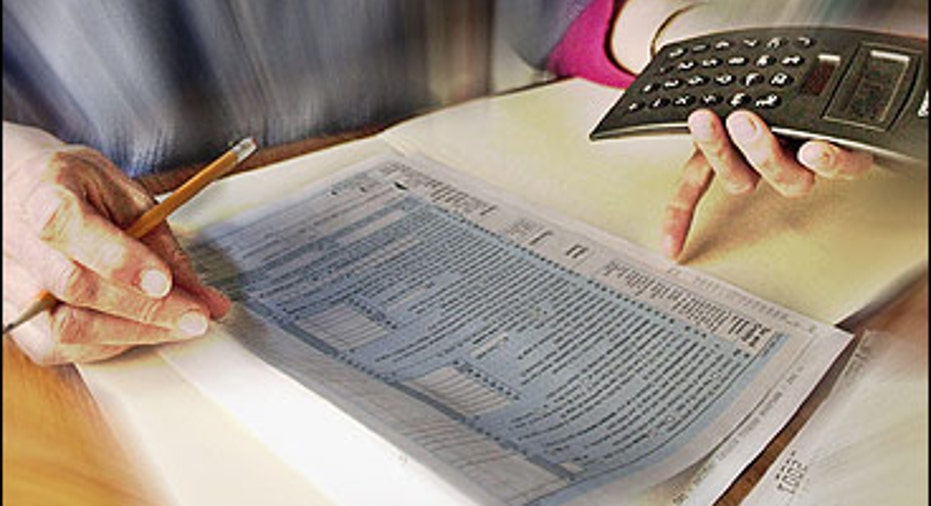Guidelines for Tax Deductions on Travel, Entertainment

Whether going at it alone or hiring a professional, there's one thing entrepreneurs can do to make things easier come tax season—keep track of travel and entertainment expenses year-round.
The biggest issue small business owners face when it comes to proper travel and entertainment documentation is time, according to Scott Berger, tax principal with Kaufman, Rossin & Co. in Miami, Fla.
"It's really a time issue as far as the business goes," Berger said. "The biggest reason is documenting. They find it cumbersome, especially a small business owner who is trying to be everything for the business. They don't have the time and patience to do it properly."
Skimping on documentation is a big mistake—especially if it comes down to an IRS audit, he said. Small businesses can lose out on a tax deduction or break, plus be charged potential penalties if audited. Today, systems like QuickBooks can automatically categorize your expenses according to your credit card statement, making deductions easier for a small business owner to write off and avoid an audit.
Here are Berger's tips on deducting travel and entertainment expenses.
No. 1: Is the expense 'ordinary?' If the item being expensed is an ordinary and necessary business expense, there should be no issues writing it off, Berger said.
"Things that can be deducted include meals, entertainment, travel and local transportation," he said.
No. 2: Categorize correctly. Different expenses fall under different tax guidelines, Berger said. Make sure you are separating out airfare and accommodations for travel, rather than putting them together. Itemizing is important—as is documentation.
"You need to be able to support and document your deduction," he said.
No. 3: Have a budget. This is important for yourself, and for your staff, Berger said.
"It's important to look back and compare your actual expenditures to the budget," he said. "Some will create a budget and spend haphazardly—this is detrimental to their business."
No. 4: Create guidelines. Break down what qualifies for certain expenditures, and let your staff know what you are willing to reimburse for.
"What parameters will you allow as valid business deductions?" he said. "What limit will you set on (things like) entertainment? It's important to have some basic guidelines for when somebody is traveling."
No. 5: Document everything. The key to getting your deductions right is documenting your expenses as they come in.
"For travel and entertainment, it's all about documentation," Berger said. "You need to be able to support your deduction."



















